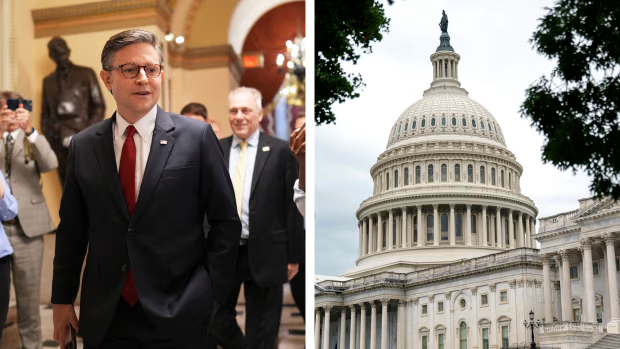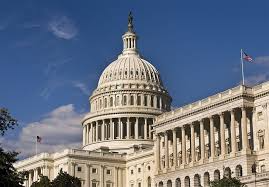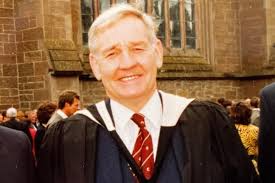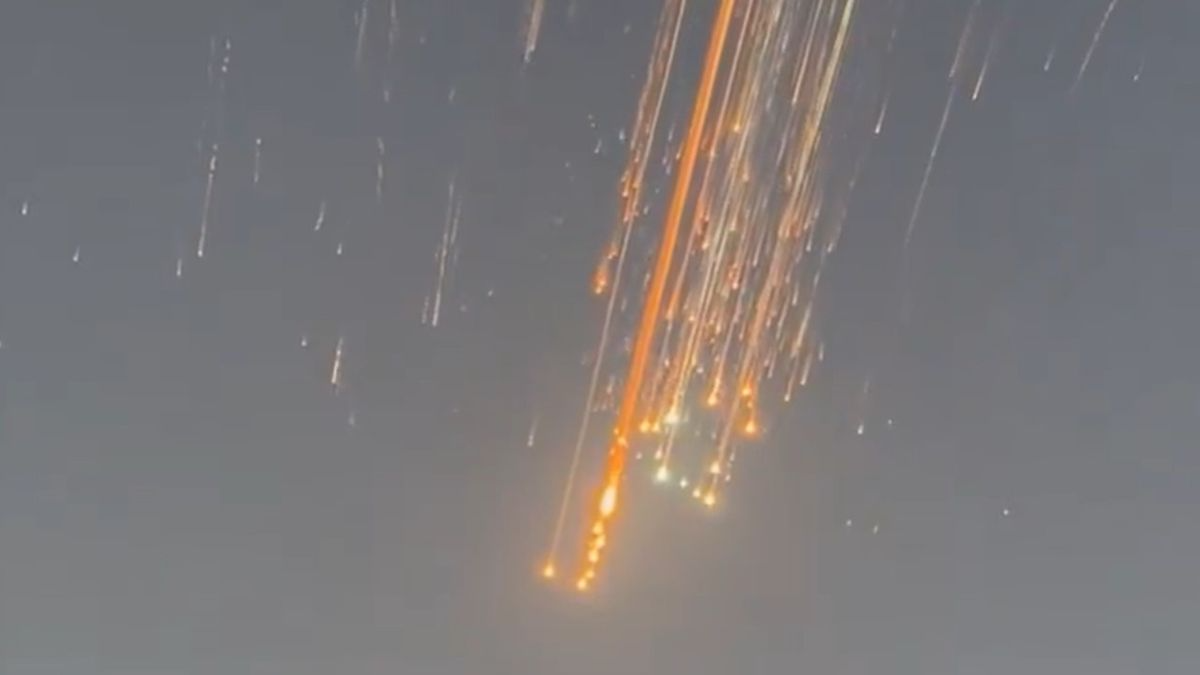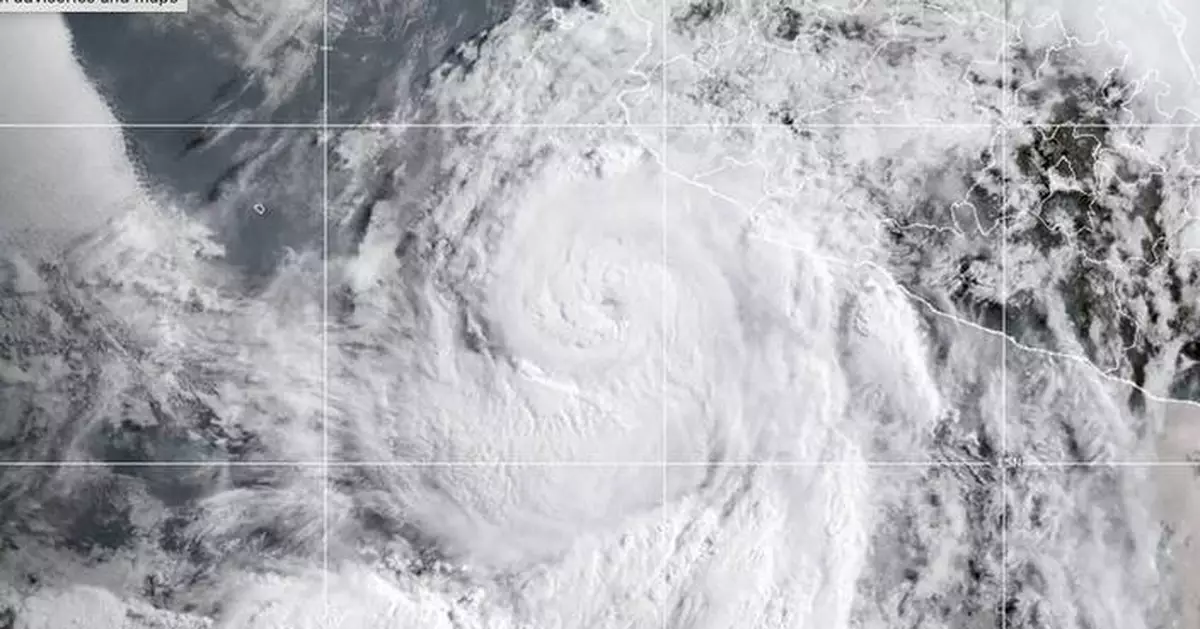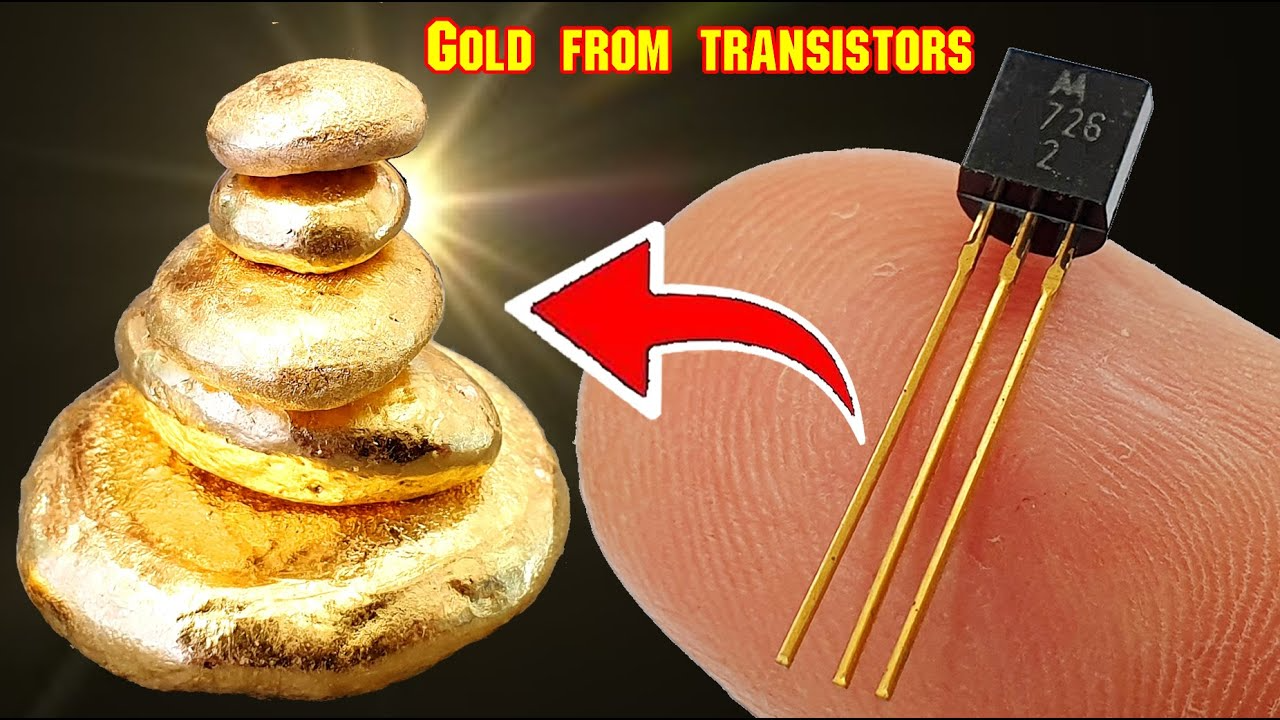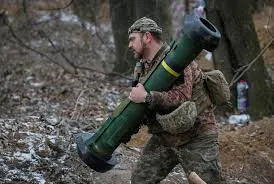
Ukraine seeks weapons via Europe
Ukraine Intensifies Diplomatic Push in Europe to Secure Critical Weapons Amid Stalemate with Russia
As the war in Ukraine grinds into its third year with no decisive resolution in sight, Kyiv has launched a renewed diplomatic offensive across Europe to secure additional weaponry and military support. Facing growing pressure on the eastern front, an increasingly aggressive Russian campaign, and the looming uncertainty of U.S. political dynamics, Ukraine’s leadership is strategically pivoting toward its European allies to fill the widening gap in its defense capabilities. This outreach comes at a pivotal moment, not just for Ukraine’s survival, but for the broader geopolitical balance of Europe as nations reevaluate their security postures amid persistent instability in the region.
Ukrainian President Volodymyr Zelenskyy, Foreign Minister Dmytro Kuleba, and Defense Minister Rustem Umerov have intensified their visits to key European capitals, including Berlin, Paris, Warsaw, and Brussels, making urgent appeals for more heavy artillery, air defense systems, armored vehicles, and long range missiles. In recent weeks, Ukrainian officials have made it clear that while past assistance from Europe has been invaluable, the current scale and speed of Russian offensives demand faster, larger, and more technologically advanced military support. Kyiv has particularly emphasized the need for modern air defense systems, such as the Patriot and IRIS T systems, to protect its energy infrastructure and population centers from relentless Russian missile and drone attacks.
The timing of Ukraine's renewed appeal is no coincidence. With Washington's support becoming less certain due to internal political gridlock and upcoming presidential elections, Kyiv is increasingly leaning on Europe to assume a leadership role in the international support coalition. The European Union has already pledged over €80 billion in combined financial and military aid since the war began, and NATO member states continue to send equipment through both bilateral arrangements and coordinated supply routes. However, Ukrainian officials argue that this support, while substantial, is often bogged down by bureaucratic hurdles, competing national priorities, and logistical delays that limit its impact on the ground.
To address these challenges, Ukraine has proposed a more structured, long term procurement framework with European partners, aimed at streamlining the acquisition and delivery of weapons. Ukrainian representatives have suggested the creation of joint weapons manufacturing agreements and public private partnerships with European defense firms. Countries like Germany, France, and the Czech Republic have expressed openness to these ideas, recognizing the dual benefits of supporting Ukraine while bolstering their own defense industrial bases. Talks are reportedly underway to expand joint ammunition production, particularly 155mm artillery shells, which are in short supply and remain critical to Ukraine’s frontline operations.
While Ukraine’s diplomatic push has been met with varying degrees of enthusiasm, it has also exposed lingering divisions within Europe regarding the war's trajectory and the level of engagement required. Eastern European countries such as Poland, the Baltic states, and the Czech Republic continue to advocate for a robust and unrelenting support model for Ukraine, emphasizing the existential threat posed by an emboldened Russia. In contrast, some Western European countries, including Hungary and Slovakia, have been more reserved, citing economic strain and a desire to avoid direct confrontation with Moscow. These divergent stances have occasionally slowed EU wide decision making and complicated the implementation of aid mechanisms such as the European Peace Facility.
Despite these challenges, recent developments suggest that Ukraine’s appeals are yielding tangible results. Germany has announced plans to accelerate the delivery of additional IRIS T air defense systems and provide a new batch of Leopard 1 tanks. France has pledged more SCALP long range missiles, and Italy has committed to dispatching a new consignment of military vehicles and humanitarian support. Meanwhile, the European Commission has approved a €5 billion Ukraine Assistance Fund, which will be used to fund the procurement of weapons, train Ukrainian troops, and help repair critical infrastructure. Ukrainian officials hope this momentum will build as more countries recognize the strategic imperative of Ukraine’s resilience in the face of Russian aggression.
One of the most critical components of Ukraine’s strategy is to secure long range strike capabilities, which could enable Kyiv to target Russian logistics hubs and command centers far beyond the frontlines. Until recently, some European nations were hesitant to provide such weapons due to concerns about escalation. However, the sustained Russian bombardment of Ukrainian cities, including civilian targets and power plants, has shifted the narrative. There is growing acknowledgment in European capitals that Ukraine must have the ability to deter and respond proportionally to Russian attacks. The UK, which has already supplied Storm Shadow cruise missiles, has called on its European allies to consider removing restrictions that prevent Ukraine from using Western supplied weapons deep within occupied territories.
As Ukraine courts European military support, it is also navigating the delicate balance of maintaining unity among allies while pursuing increasingly complex and costly defense commitments. Ukrainian diplomats are keenly aware that public opinion in some European countries is shifting, with fatigue over the prolonged conflict beginning to take hold. Rising inflation, energy prices, and domestic political shifts have led to growing calls in certain segments of European society to focus inward rather than on the foreign conflict. Ukraine’s leadership, in response, is framing the war not just as a national struggle for sovereignty, but as a collective stand for democratic values, security, and the post WWII order that Europe has long upheld.
In conclusion, Ukraine’s effort to secure weapons through Europe represents a critical recalibration of its international strategy as the war with Russia enters a prolonged and uncertain phase. By appealing to European unity, shared values, and regional security imperatives, Kyiv is working to forge a more resilient, responsive, and long term support architecture. While challenges remain from logistical hurdles to political divisions the growing recognition that a Russian victory would destabilize the entire continent is pushing Europe toward a more decisive role. For Ukraine, this support may determine not only the outcome of the current conflict but the very survival of its sovereignty and democratic future.





